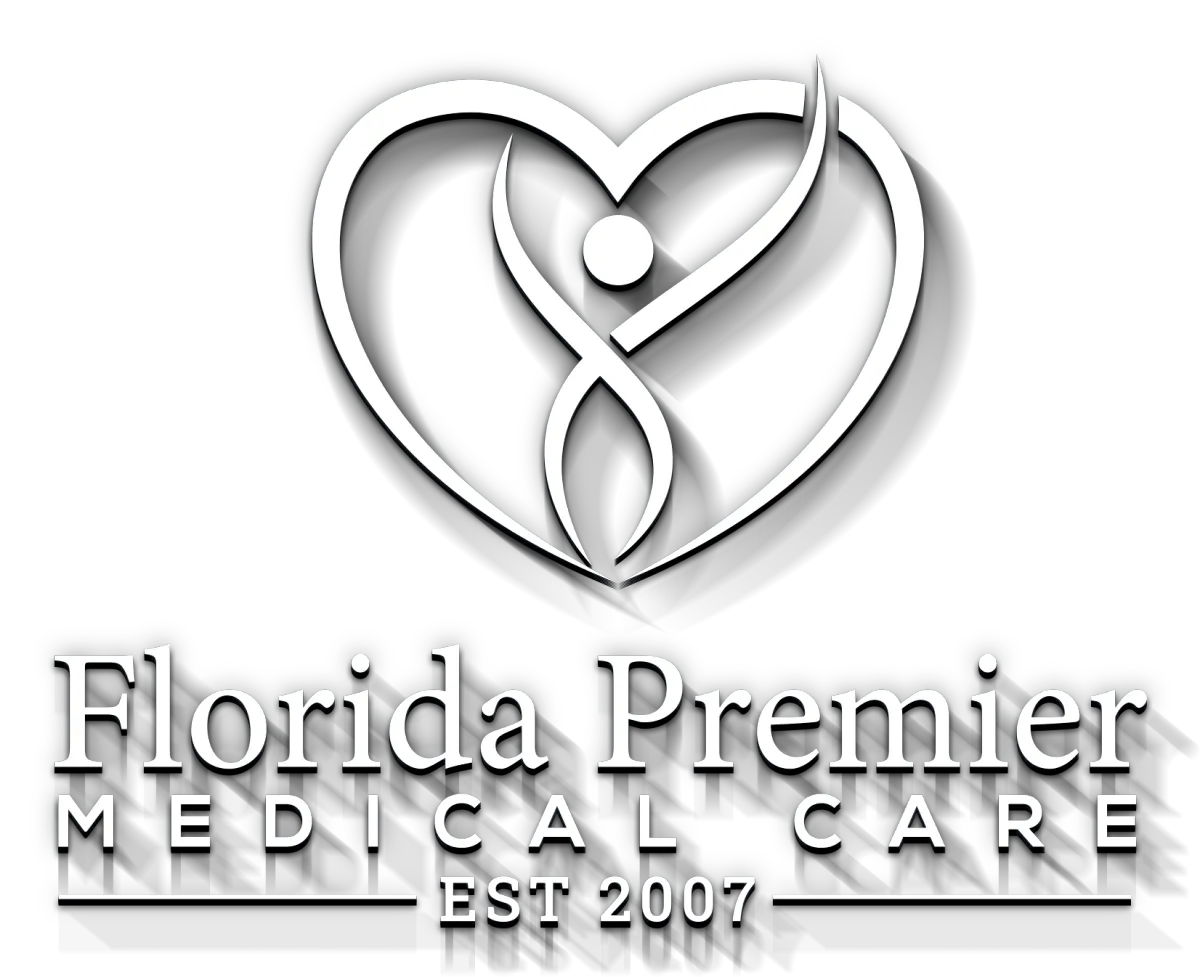Depression/Anxiety
Depression is a common but serious medical condition that affects how a person feels, thinks, and handles daily activities. It can appear in many ways—some emotional, others physical—and often goes unrecognized. Understanding the full range of symptoms is the first step toward getting the right help. At Florida Premier Medical Care, we believe in taking a whole-person approach to mental wellness, starting with education and early intervention.

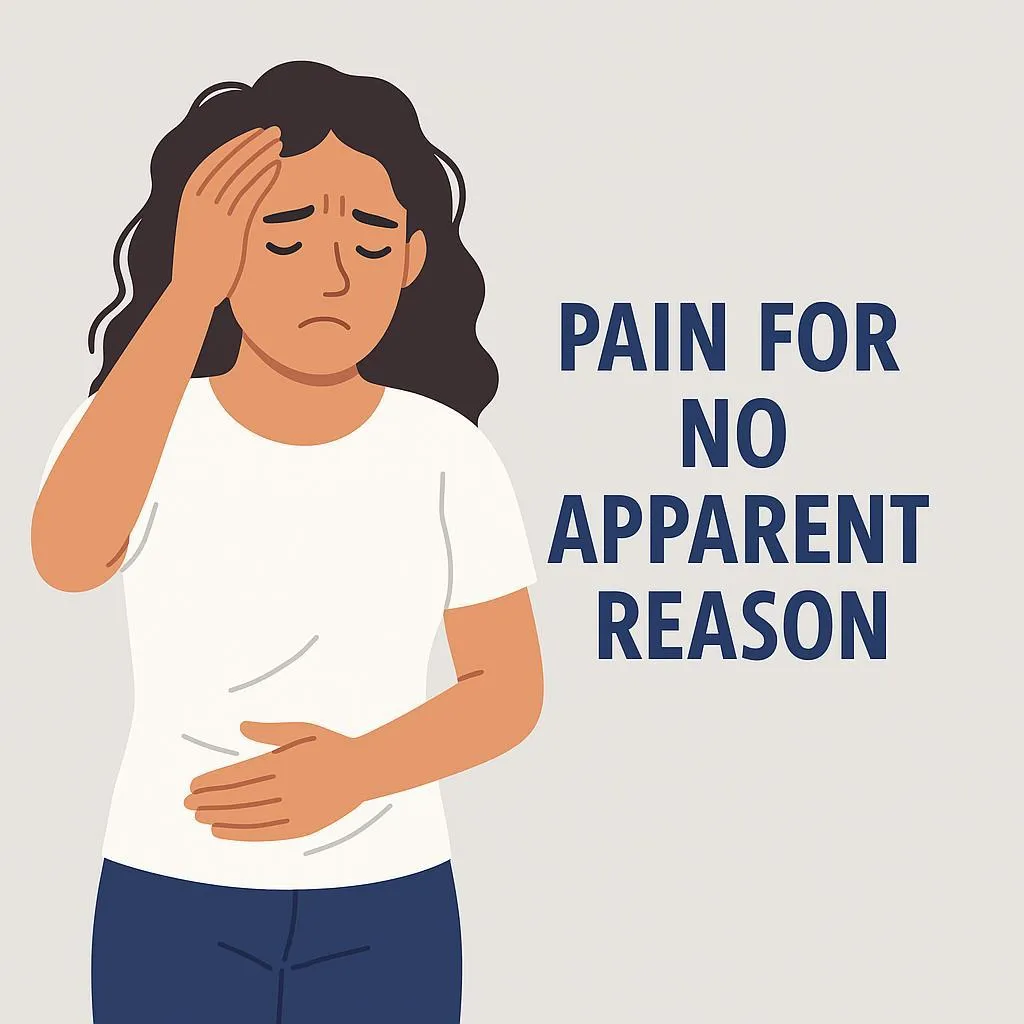
Pain for No Apparent Reason
Depression doesn’t only affect emotions—it can also cause unexplained physical symptoms. Many individuals report chronic pain, such as headaches, joint or muscle aches, chest pain, or digestive issues, with no clear medical cause. These physical symptoms are real and may persist despite treatment for underlying conditions. Addressing emotional health can often help reduce or eliminate these physical complaints.
Overeating or Appetite Loss
Significant changes in appetite and eating patterns are common with depression. Some people may find themselves eating more than usual, often craving high-carb or sugary foods as a form of emotional comfort. Others may lose interest in food entirely, resulting in weight loss or poor nutrition. These shifts can be subtle or dramatic and are often linked to changes in mood, motivation, or self-worth.
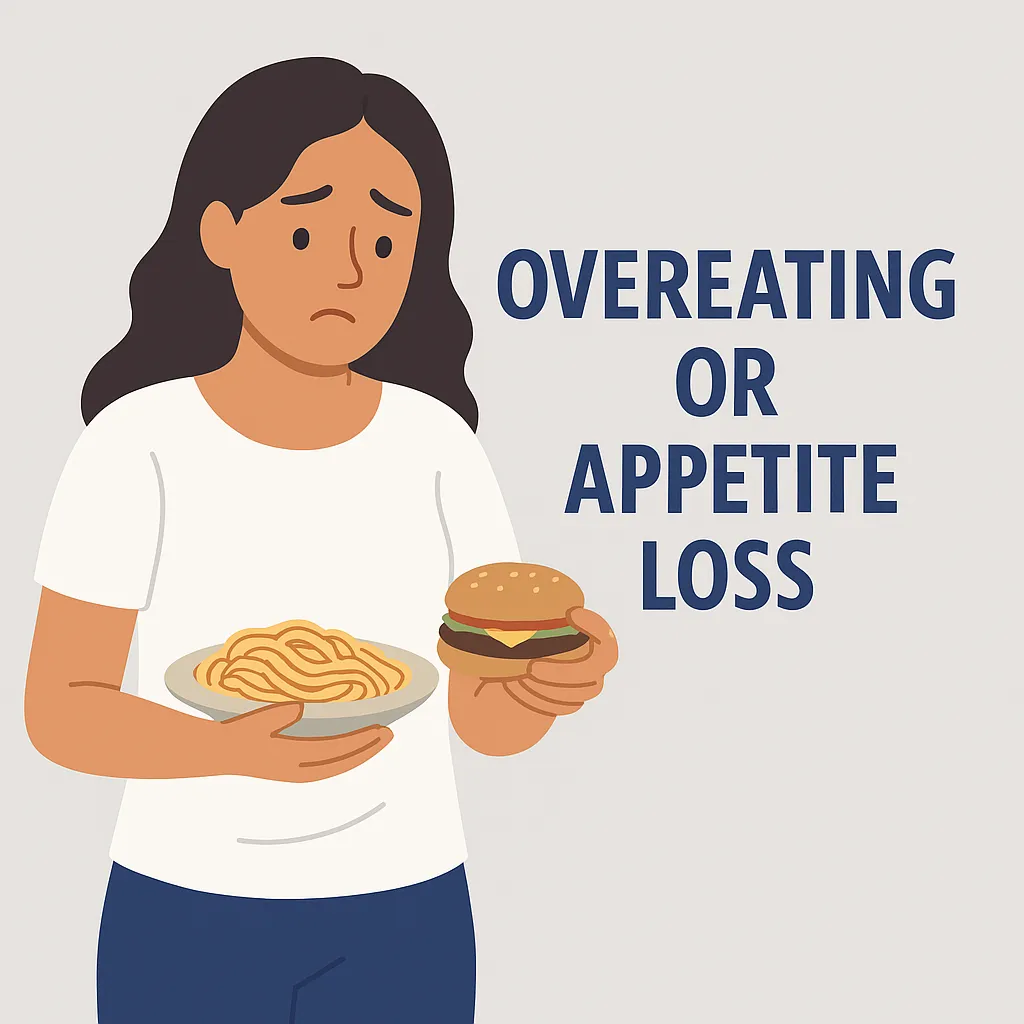
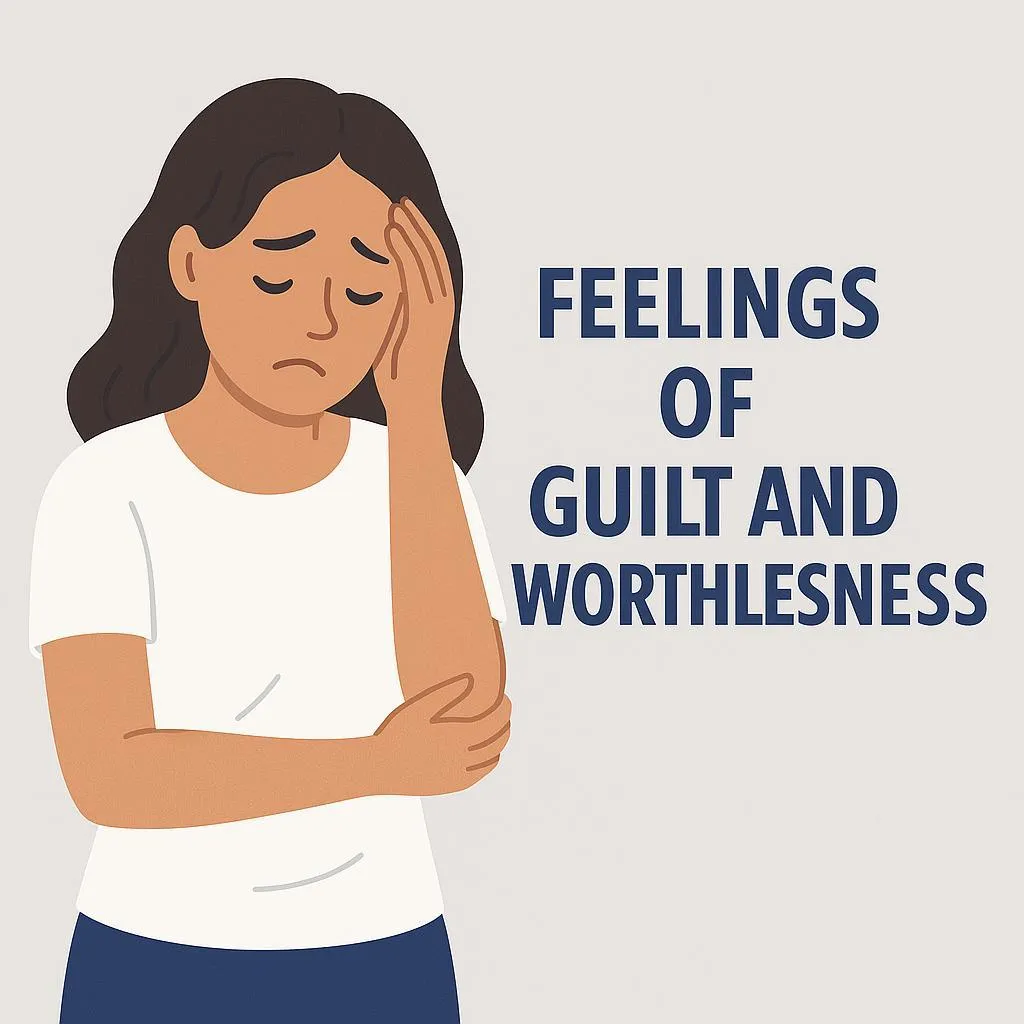
Feelings of Guilt and Worthlessness
Persistent feelings of guilt or a sense of worthlessness are classic symptoms of depression. Individuals may dwell excessively on past mistakes or feel undeserving of love or success. These thoughts often don’t reflect reality but are magnified by the depressive state. Without treatment, these emotions can become overwhelming and contribute to other symptoms like withdrawal or suicidal ideation.
Trouble Concentrating
Depression can affect cognitive function, making it hard to concentrate, stay organized, or complete everyday tasks. People may find themselves easily distracted, forgetful, or struggling to make decisions. This mental fog can impact performance at work or school and increase frustration and self-doubt, especially when others don’t understand the cognitive toll of depression.
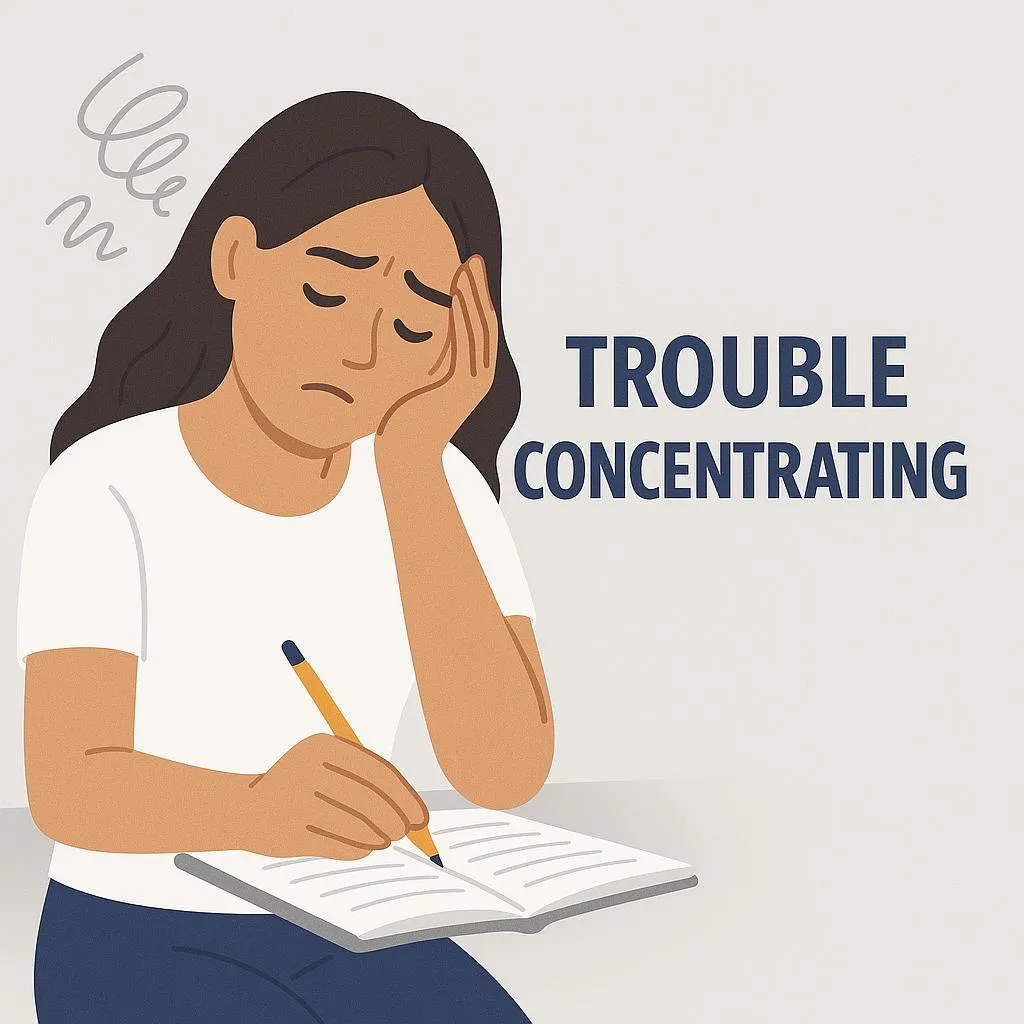

Loss of Interest in Things That Bring Joy
Known as anhedonia, the loss of interest or pleasure in activities once found enjoyable is a central symptom of depression. Hobbies, social events, exercise, or even time with loved ones may suddenly feel pointless or exhausting. This emotional numbness is more than just sadness—it signals a disruption in the brain’s reward system and may require professional intervention to overcome.
Suicidal Thoughts
Thoughts of death, dying, or suicide are severe symptoms of depression and should always be taken seriously. These thoughts can range from passive feelings of hopelessness to active planning. If you or someone you know is experiencing suicidal thoughts, seek immediate support from a mental health professional or contact emergency services. Help is available, and recovery is possible.
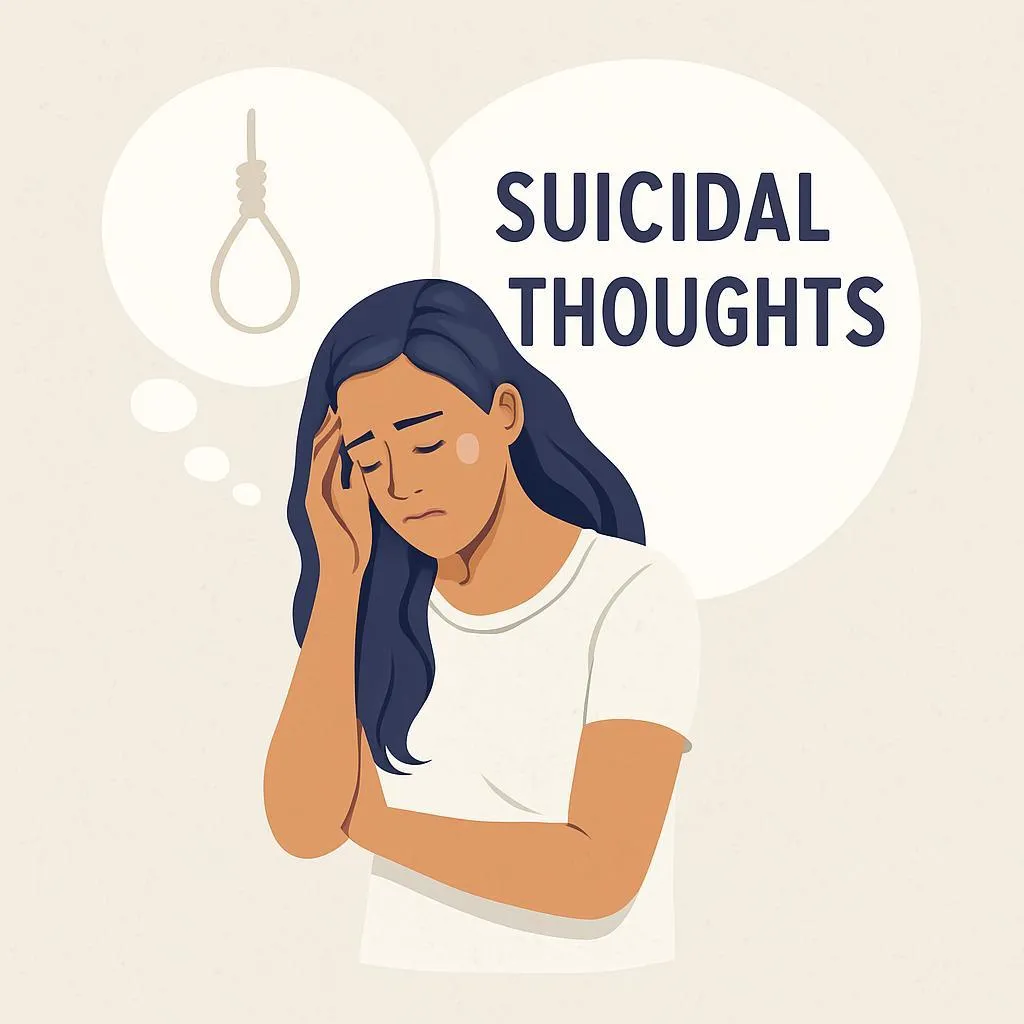
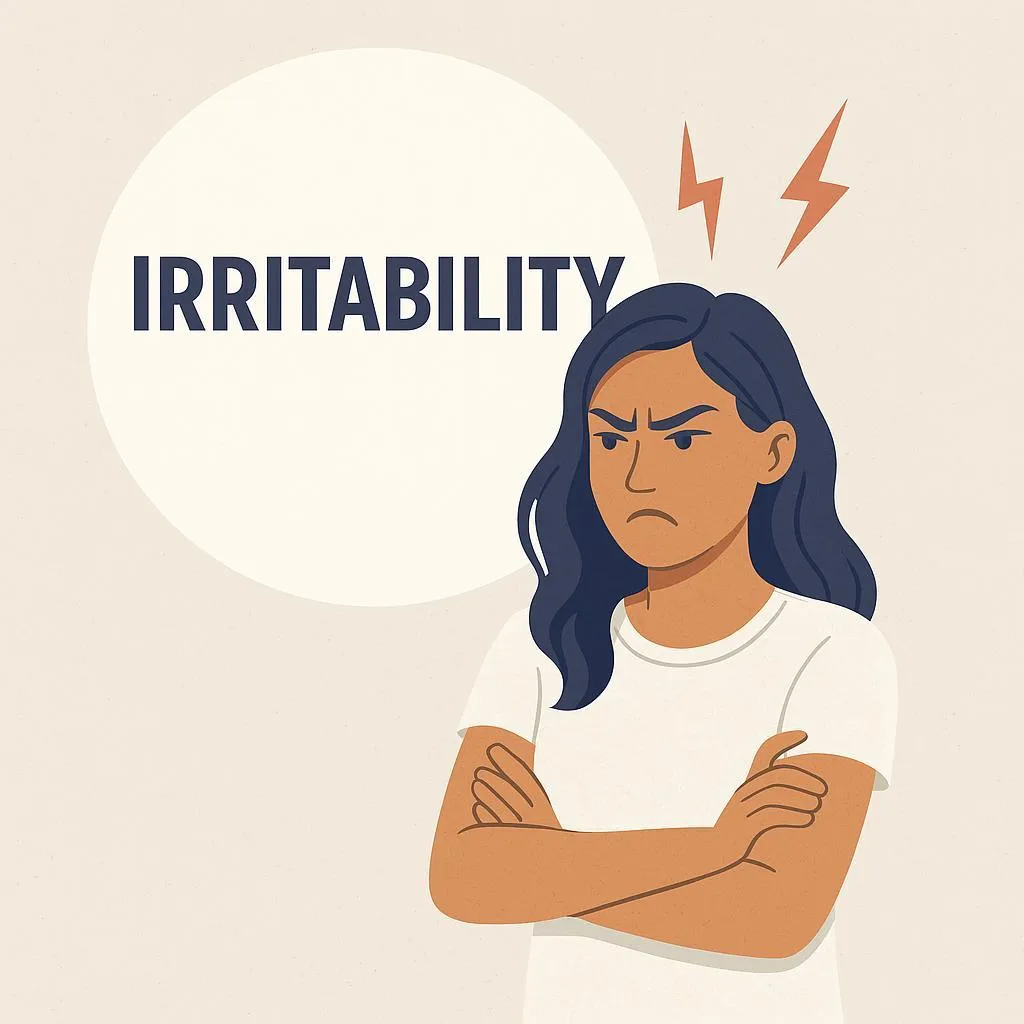
Irritability
While sadness is a well-known symptom of depression, irritability is often overlooked. Individuals may feel on edge, frustrated, or angry—sometimes with little provocation. This is especially common in men and teens. If you notice increased conflict with others or find yourself frequently snapping, it could be a sign of underlying depression.
Fatigue
Exhaustion that doesn’t improve with rest is one of the most common and disabling symptoms of depression. Individuals may feel drained physically and mentally, making even simple tasks feel overwhelming. This persistent fatigue can impact productivity, relationships, and overall quality of life. Proper treatment often improves energy levels and restores motivation.
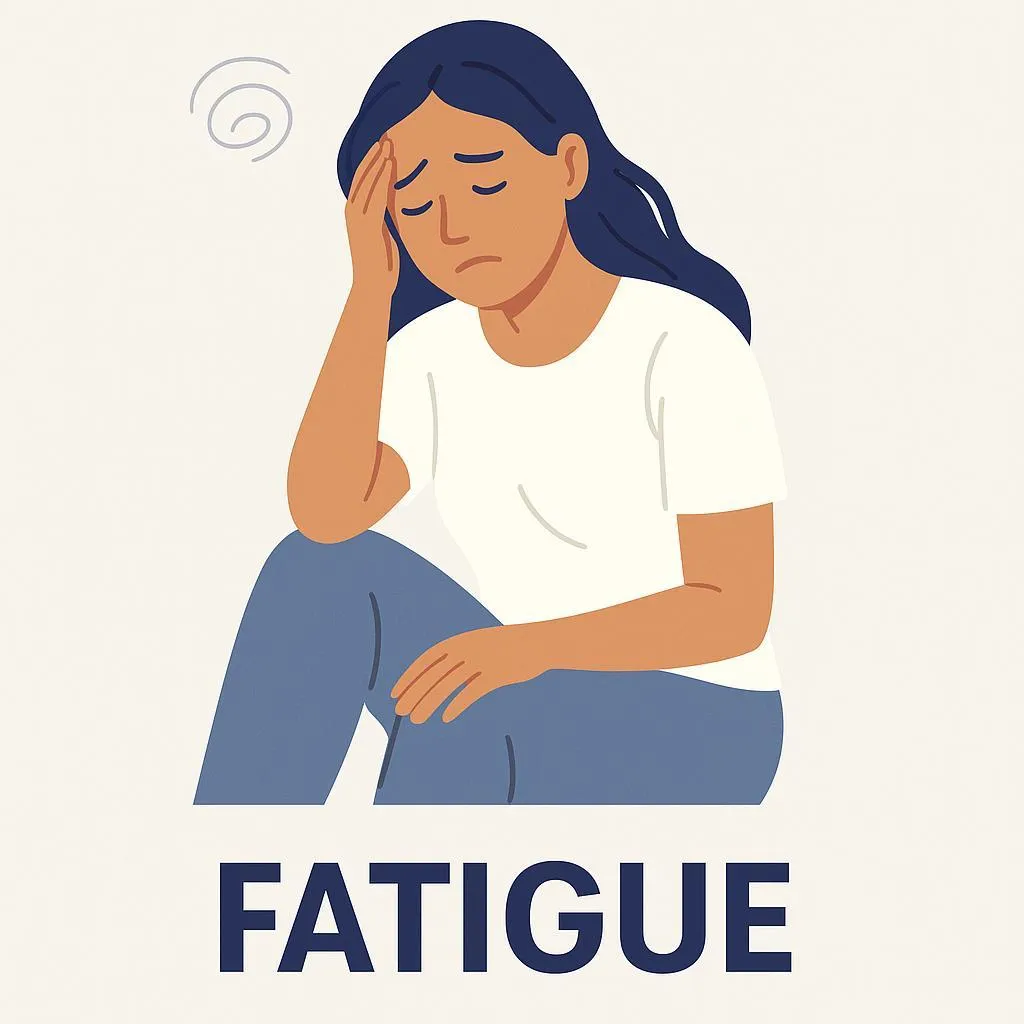
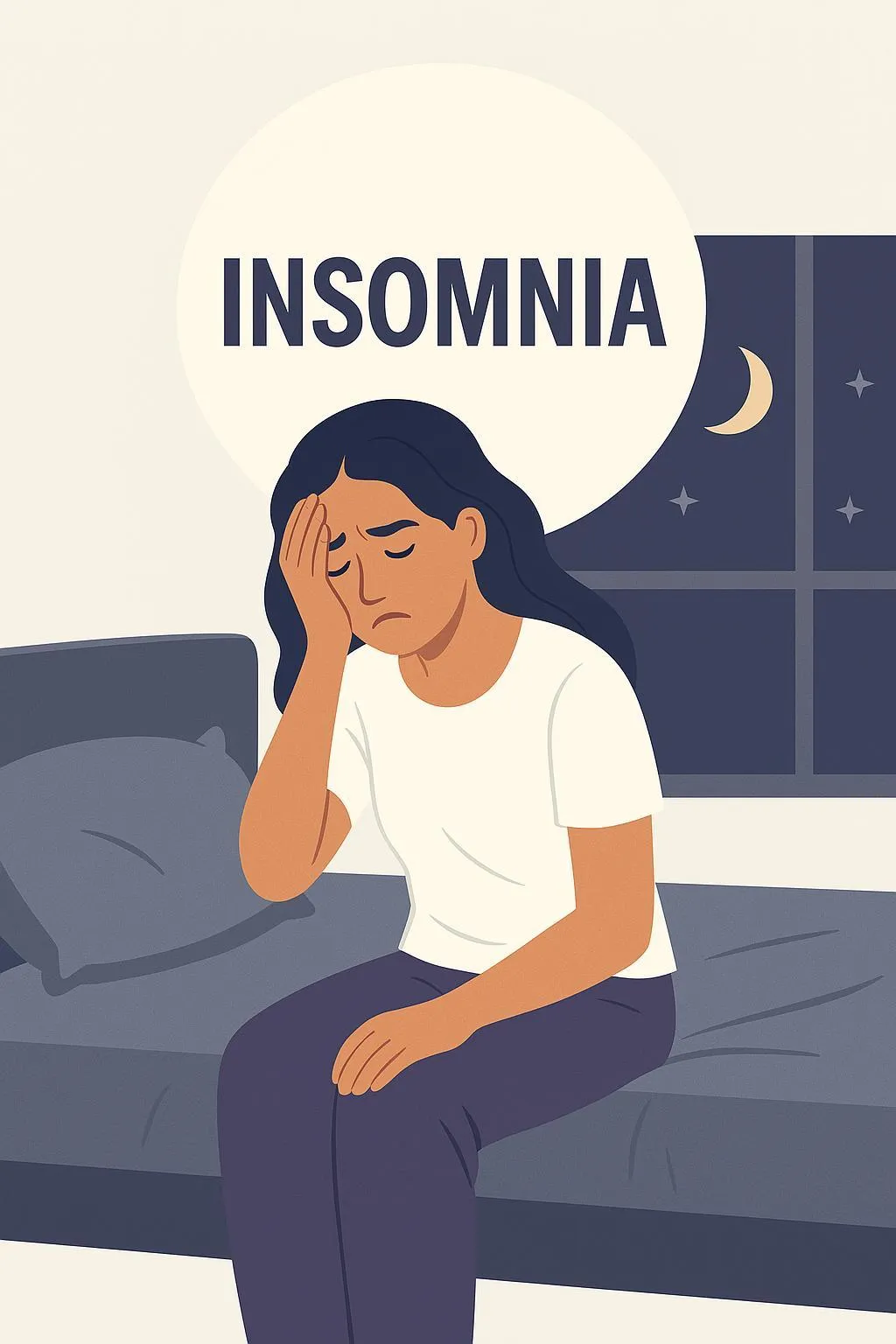
Insomnia
Sleep disturbances are a frequent complaint among people with depression. Some struggle with falling asleep, staying asleep, or waking up too early, while others may sleep excessively but still feel tired. These changes in sleep patterns can worsen other symptoms, including irritability and fatigue, creating a cycle that can be difficult to break without intervention.
Isolation
People with depression often withdraw from social contact. This isolation can result from a lack of energy, feelings of worthlessness, or the belief that others won’t understand. Over time, this disconnection can deepen feelings of loneliness and hopelessness. Encouraging connection, even in small ways, is an important step toward recovery.
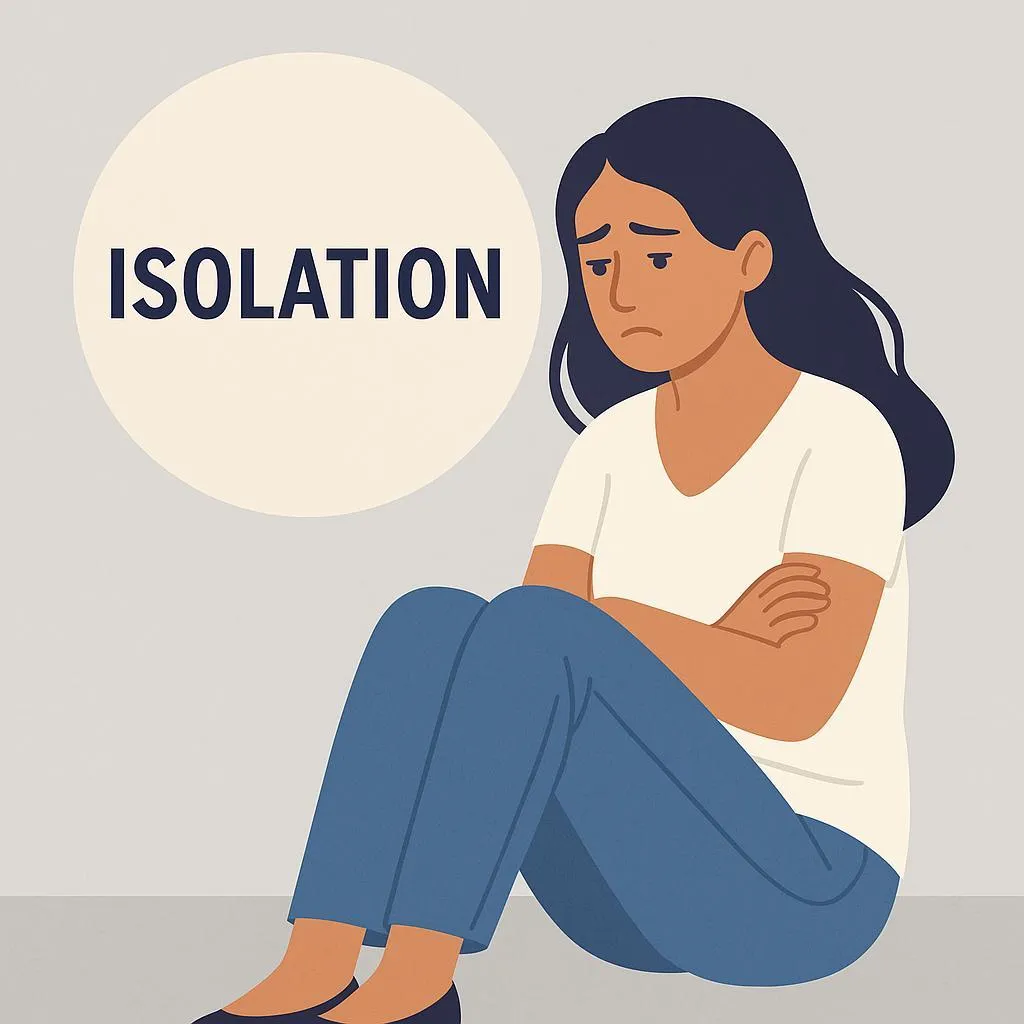
If you or someone you love is experiencing any of these symptoms, know that you are not alone—and help is available. Florida Premier Medical Care offers compassionate, personalized support for individuals struggling with depression. Our experienced providers work with you to develop a treatment plan that fits your needs, whether that includes therapy, medication, or lifestyle support. Contact us today to schedule an appointment and take the first step toward feeling better.
